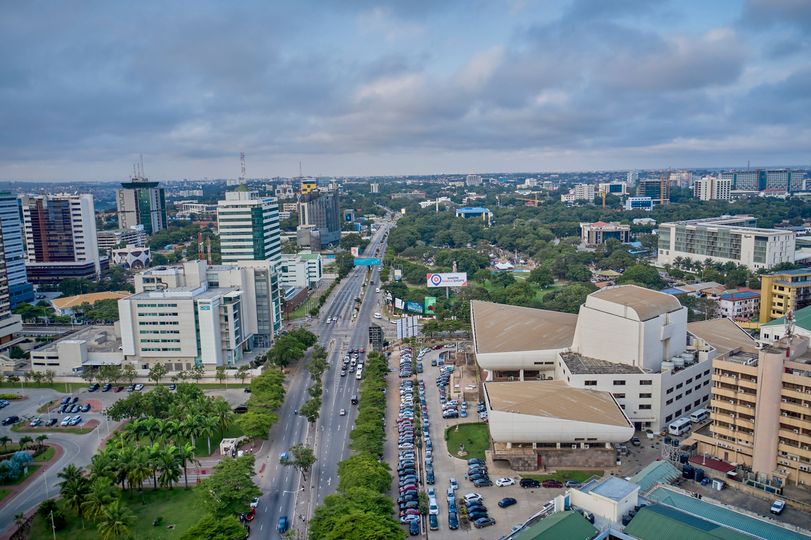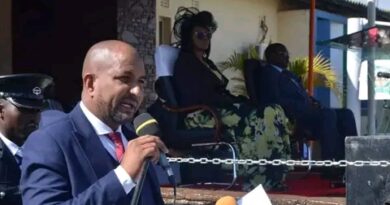IMF Executive Board Completes Second Review Under Extended Credit Facility Arrangement with Ghana
The International Monetary Fund (IMF) Executive Board has completed the second review of Ghana’s 36-month Extended Credit Facility (ECF) Arrangement, enabling an immediate disbursement of SDR 269.1 million (approximately US$360 million). This brings the total disbursements under the arrangement to about US$1.6 billion.
Ghana’s economic reform program has shown significant progress, with all quantitative performance criteria and almost all indicative targets for the second review being met. The country has made substantial advancements in debt restructuring and key structural reforms.
IMF Deputy Managing Director Kenji Okamura praised Ghana’s efforts, stating, “Ghana’s performance under its ECF-supported reform program has been generally strong. The authorities’ strategy aimed at restoring macroeconomic stability and reducing debt vulnerabilities is paying off, with clear signs of stabilization emerging.”
Ghana’s economic resilience has surpassed expectations, with growth proving robust, inflation decreasing from its 2022 peaks, and improvements in fiscal and external positions.
The IMF-supported program has provided a solid foundation for the government to adjust macroeconomic policies and implement reforms to restore stability and sustainability, laying the groundwork for higher and more inclusive growth.
The Ghanaian authorities have continued to make progress on comprehensive debt restructuring, recently reaching agreements with the Official Creditor Committee and Eurobond holders. This progress has been crucial for the completion of the second review under the ECF Arrangement.
Ghana’s primary fiscal balance improved by over 4 percent of GDP last year. The authorities are committed to further fiscal consolidation, aiming for primary fiscal surpluses of ½ percent of GDP this year and 1½ percent of GDP in 2025.
These efforts are supported by reforms to bolster revenue mobilization and streamline non-priority expenditures, while expanding social protection programs to mitigate the impact on vulnerable populations.
The Bank of Ghana has maintained a prudent monetary policy stance to reduce inflation rapidly and rebuild international reserves. Measures to preserve financial sector stability, including the implementation of banks’ recapitalization plans and the recapitalization of state-owned banks, are also in progress.
Ambitious structural reforms to create an environment conducive to private sector investment and enhance governance and transparency are gaining prominence. These reforms are essential to boosting the economy’s potential and underpinning sustainable job creation.
Looking ahead, sustained macroeconomic policy adjustments and reforms are vital to fully restore macroeconomic stability and debt sustainability, particularly during the upcoming electoral period, while fostering sustainable economic growth and poverty reduction.



